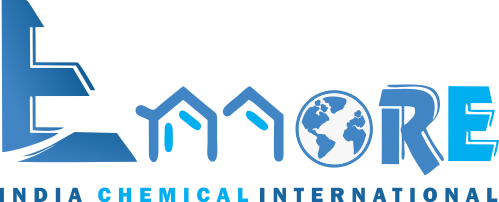Hydroquinone manufacturers & OEM manufacturers in chennai India
Hydroquinone, also known as benzene-1,4-diol or quinol, is an aromatic organic compound that is a type of phenol, a derivative of benzene, having the chemical formula C6H4(OH)2. It has two hydroxyl groups bonded to a benzene ring in a para position. It is a white granular solid. Substituted derivatives of this parent compound are also referred to as hydroquinones. The name "hydroquinone" was coined by Friedrich Wöhler in 1843.
Uses
Hydroquinone has a variety of uses principally associated with its action as a reducing agent that is soluble in water. It is a major component in most black and white photographic developers for film and paper where, with the compound metol, it reduces silver halides to elemental silver.
There are various other uses associated with its reducing power. As a polymerization inhibitor, hydroquinone prevents polymerization of acrylic acid, methyl methacrylate, cyanoacrylate, and other monomers that are susceptible to radical-initiated polymerization. This application exploits the antioxidant properties of hydroquinone.
Hydroquinone can undergo mild oxidation to convert to the compound parabenzoquinone, C6H4O2, often called p-quinone or simply quinone. Reduction of quinone reverses this reaction back to hydroquinone. Some biochemical compounds in nature have this sort of hydroquinone or quinone section in their structures, such as Coenzyme Q, and can undergo similar redox interconversions.
Hydroquinone can lose a proton from both hydroxyl groups to form a diphenolate ion. The disodium diphenolate salt of hydroquinone is used as an alternating comonomer unit in the production of the polymer PEEK.
While it can be effective at lightening dark spots on the skin, there has been some debate as to whether or not it's safe. Keep reading to see what the expert has to say. "Hydroquinone is a topical skin treatment for melasma, freckles, age and sun spots, and even acne scars," Shafer says.
Is hydroquinone bad for the skin
Studies have also shown that long term hydroquinone use can cause exogenous ochronosis, which is when your skin turns a bluish and black color. Hydroquinone not only inhibits melanin production to help lighten skin, but long term use can actually damage your pigment cells. ... Contact dermatitis and skin irritation.
